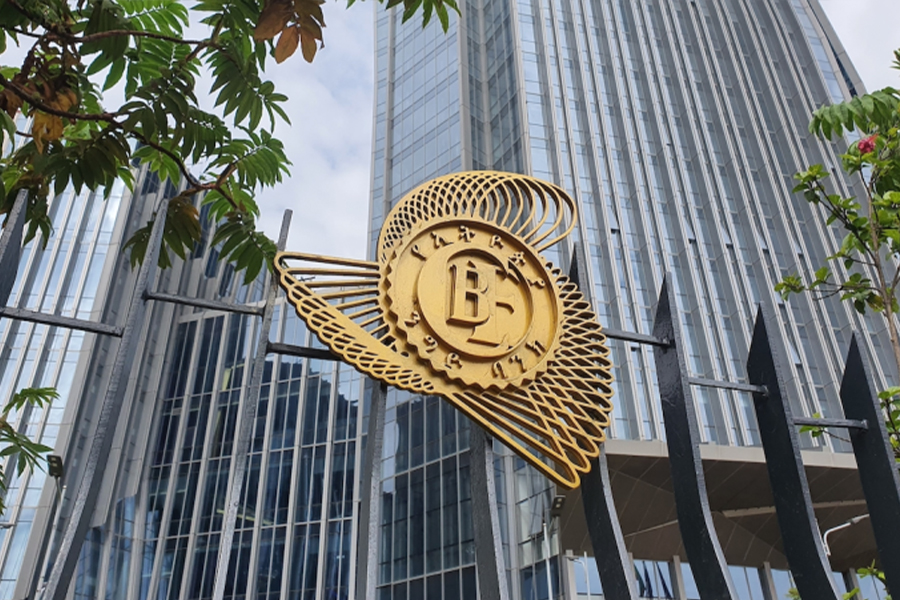
The World Bank has disbursed 253 million dollars to the Commercial Bank of Ethiopia (CBE), the first major tranche of a 700 million dollars package intended to stabilise Ethiopia’s financial sector. Over 95 pc of the total, 670 million dollars is allocated to recapitalise CBE and the Development Bank of Ethiopia (DBE), while the remaining funds are designated for technical assistance and regulatory reforms. The disbursement came with conditions. CBE was required to meet a set of performance benchmarks, including stricter capital adequacy requirements and institutional reforms, in order to unlock the funds. These measures are intended to strengthen the Bank’s balance sheet and rebuild confidence among investors and the public. The funding follows Ethiopia’s ongoing macroeconomic reform programme, which includes floating the birr, limiting central bank deficit financing, and opening the financial sector to foreign banks. These changes have put added pressure on state-owned banks like CBE, which continue to carry large volumes of legacy non-performing loans, mostly tied to government infrastructure projects. CBE has recently shown signs of recovery. Over the past eight months, it reported a 344.4pc surge in deposits, reaching 1.51 trillion Br. Total assets rose to 2.03 trillion Br, a 38.3pc increase compared to the previous year. However, challenges remain. Bank President Abie Sano acknowledged an ongoing asset-liability mismatch and revealed that last August’s reforms led to 30 billion Br in foreign exchange losses. The recapitalisation forms part of the Financial Sector Strengthening Project (FSSP), a broader initiative aimed at stabilising Ethiopia’s financial system. The programme supports key institutions such as the National Bank of Ethiopia (NBE), CBE, and the Development Bank of Ethiopia (DBE), with a focus on regulatory upgrades, governance reforms, and balance sheet recovery. An additional 400 million dollars is expected to be disbursed before June.